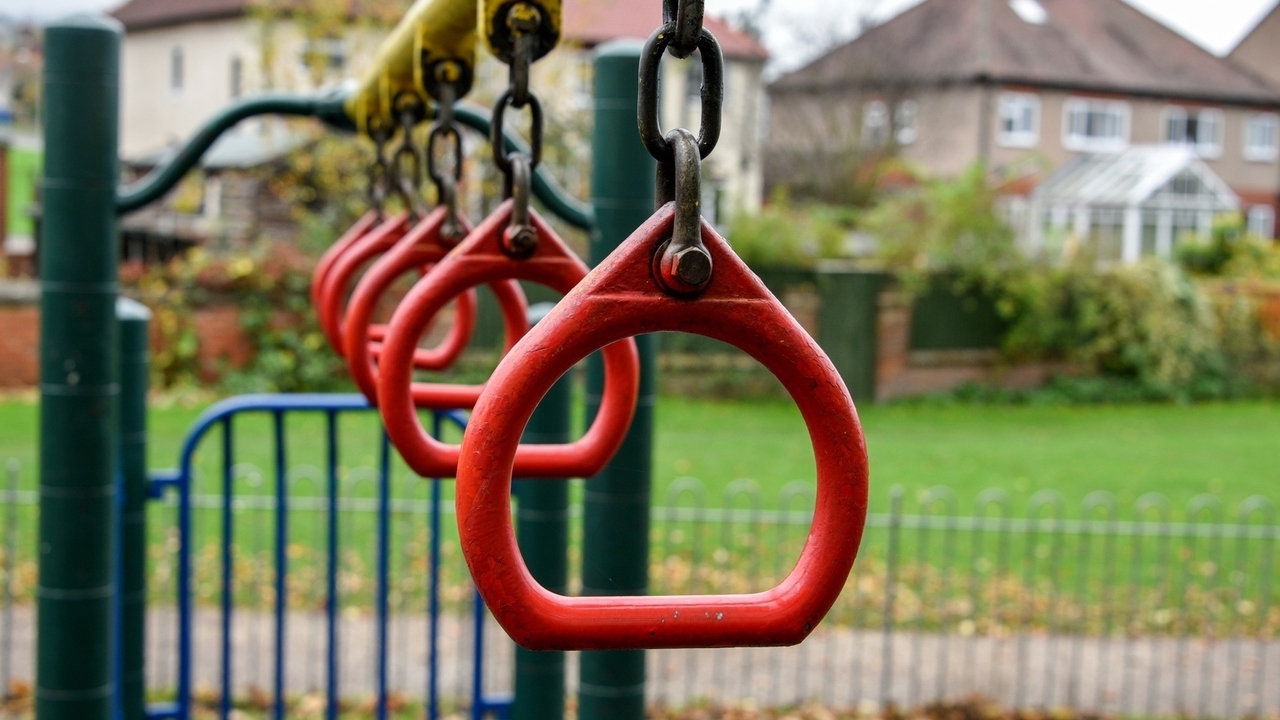 MonkeyBusiness Images/PhotoSpin
MonkeyBusiness Images/PhotoSpin
My son had the misfortune recently of getting a minor traumatic brain injury, also known as a concussion. His headaches and nausea were intense thirty-six hours after the incident. I took him to the pediatric emergency room to have him fully examined, lest the accident was worse than we thought.
It turned out that he did have a concussion. He remained home for a week, with no sports or physical activities and very little TV, video games or other kinds of stimulation.
But we do need to be on the lookout for any evidence of brain injury, something that could actually take months or even years to see.
So what is a concussion?
A concussion is a head injury caused by a fall or blow to the head, or even a sudden and strong jerking motion. While a severe traumatic brain injury (TBI) can cause an extended loss of conscious, permanent brain damage or even death, a concussion does not even need to cause a loss of consciousness at all, although it's certainly possible.
According to the CDC, falls are the leading cause of concussions, followed by accidents (being accidently hit by an object - say a baseball) and car accidents. Deliberate assaults account for 1 in every 10 traumatic brain injuries.
The CDC lists the most common risk factors of TBI-related deaths as:
- Men were nearly three times as likely to die as women.
- Rates were highest for persons 65 years and older.
- The leading cause of TBI-related death varied by age.
- Falls were the leading cause for persons 65 years or older.
- Motor vehicle crashes were the leading cause for children and young adults ages 5-24 years.
- Assaults were the leading cause for children ages 0-4.
If you or a loved one has suffered any kind of fall or accident that may have caused an injury, the most important thing to do is ensure the person rests and a call is placed to their doctor.
Because some concussions show no immediate symptoms, it's even more important to get checked out.
With or without a diagnosis of concussion, look for any kind of excessive sleepiness, vomiting, nausea, confusion, problems with vision or changes in personality. These can come a week or weeks after the actual incident.
Ways to avoid concussion are :
- Staying out of contact sports
- Avoiding excess alcohol reducing the risk of falling
- Being careful while hiking
- Travelling and exploring
- Removing yourself from any abusive relationships
There has been a lot of discussion in the last few years about footballers and other athletes suffering long term brain injuries after concussions during their sporting careers. Lawsuits are already in courts and pending.
If you are an athlete or have a child who has suffered head injuries, it's important to note that these kinds of injuries have been linked to Alzheimer's disease, according to a study done by the Mayo Clinic.
The study looked at people over the age of 70, with 448 of them showing no signs of memory impairment and 141 who did. All the participants had their brains scanned. They asked each participant for their medical histories including any kind of past head trauma.
The 141 participants with memory or thinking problems had amyloid plaque levels that were 18 percent higher than those without memory issues.
According to the study abstract conclusion, the increased amyloid deposition suggested that “loss of consciousness could be associated with the build-up of plaques in the brain." Amyloid plaque is a web of amyloid proteins that form in the brain and are consistent with the presence of Alzheimer's disease.
If you or someone you know has had a head trauma, the best thing to do is to see a doctor, even if it doesn't appear serious.
Concussions have their own way of presenting future problems and knowing if you have had one can give a person the power of information as to what to look out for.
Sources:
Centers for Disease for Control and Infections. (CDC) . Traumatic Brain Injury. Traumatic Brain Injury in the United States: Fact Sheet. Web. Retrieved April 14th, 2014.
http://www.cdc.gov/traumaticbraininjury/get_the_facts.html
Medical News Today. " Study links concussion with Alzheimer's disease brain pathology." Web. Retrieved April 14th, 2014.
http://www.medicalnewstoday.com/articles/270652.php
Head trauma and in vivo measures of amyloid and neurodegeneration in a population-based study, Michelle M. Mielke, PhD, et al., Neurology, published online 26 December 2013,
http://www.neurology.org/content/early/2013/12/26/01.wnl.0000438229.5609...
Reviewed April 17, 2014
by Michele Blacksberg RN
Edited by Jody Smith




Add a CommentComments
There are no comments yet. Be the first one and get the conversation started!